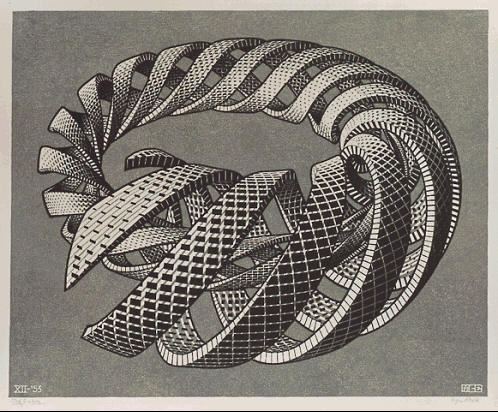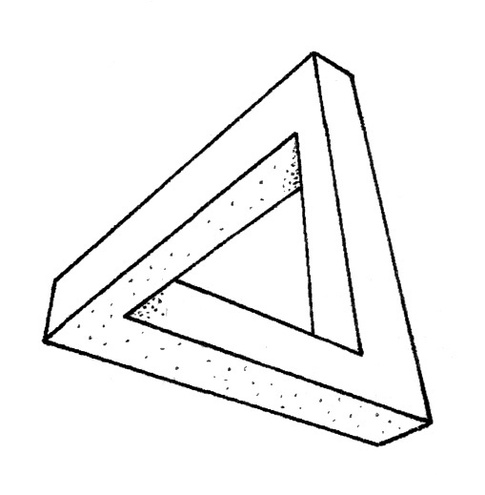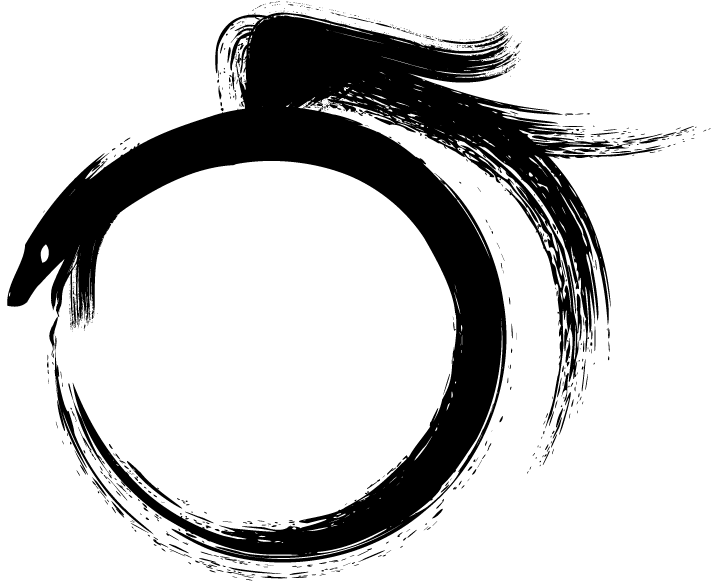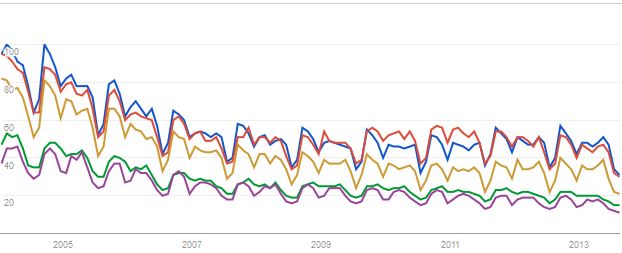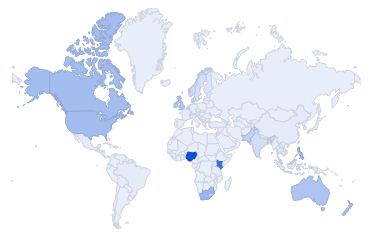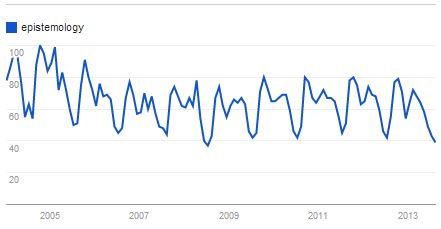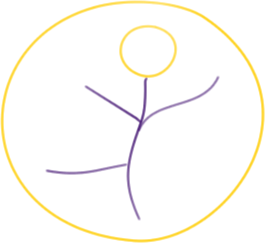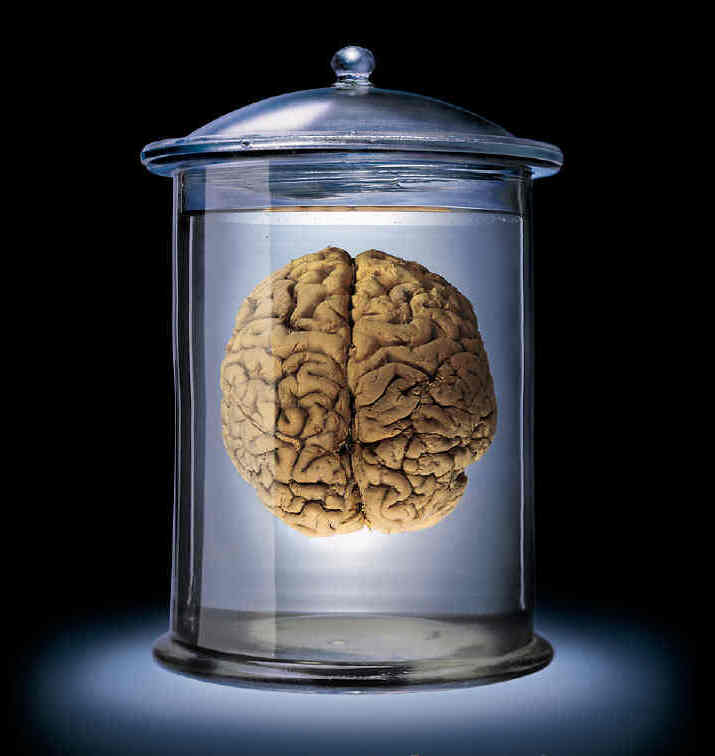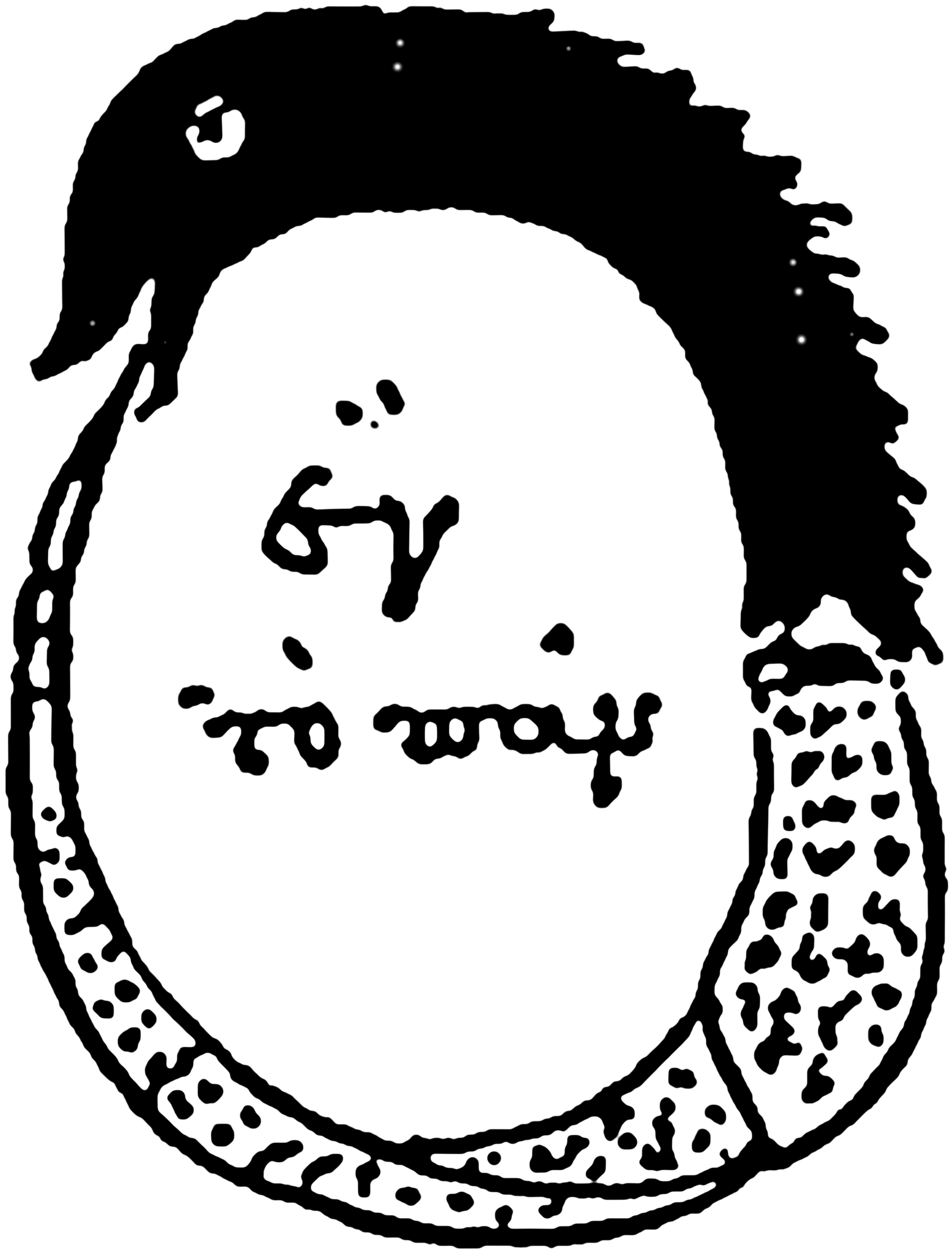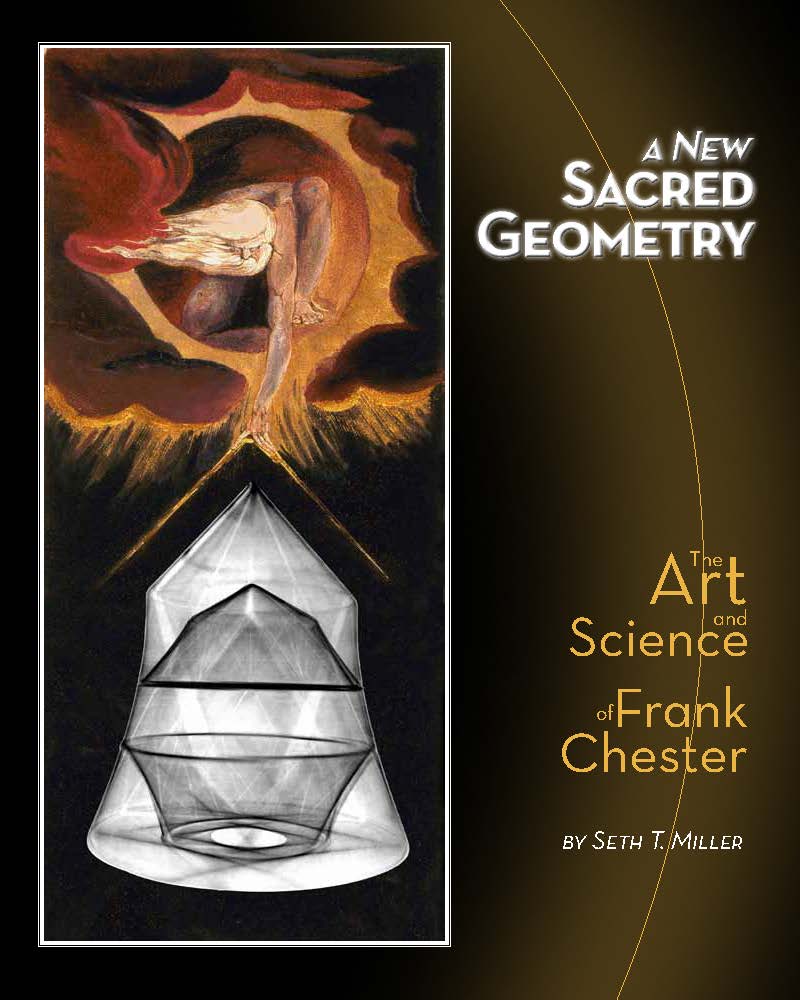Aug
06
2013
Let’s get right to it, shall we?
With respect to ontology, let us say that there is no “it,” no independent reality that is exclusive of the observer. This is a basic insight from second-order cybernetics: the observer must always be included in the observed. Despite this, of course, we do have much talk and...
Dec
07
2012
Okay, I had to post this, as I found it to be ... weirdly fascinating. Google has a tool that allows you to search for terms and see how they have trended over time based on global search volume. The service is called Google Trends, check it out.
Here is the result for the term...
Jun
24
2012
Gregory Bateson (1991) famously said that we “cannot claim to have no epistemology. Those who so claim have nothing but a bad epistemology” (p. 178). Bateson is calling for self-reflection in our epistemology. He wants it to be recursive, so that in our production of knowledge we do not delude ourselves into thinking that...
Mar
05
2011
To begin in the middle:
- There is no “it”, but there is talk about “it”. Ultimately the talk about “it”, the pointing to “it”, is more fundamental to “it” than anything else, because it is the RELATIONS that are primary: thingness is a subset of relatedness. Relations are not between two “things” but are...
Oct
23
2009
Ok I've been thinking about feedback.
One thing that struck me as interesting was that feedback, as a concept, seems to assume two things (and probably more): 1) step-wise time (and thus some kind of "state" in which a system can be identified, and thus 2) some kind of 'levels' within and between systems, in...
Feb
21
2009
It's quite a dilemma - not being able to directly check much of what we are exposed to and presented as 'knowledge'. Unless we begin to discover our own ways of knowing (a very difficult proposition, but I think possible), then we likely remain wanderers in the fog of our own (and other's) unconsciousness....
Feb
11
2009
There are some things about creativity that have been on my mind. I have been trying to hone in on the qualitative experience of the creative moment... what does it feel like to be creative? What kinds of qualities distinguish the feeling of being creative from other types of feelings, like the feeling of 'producing',...
Feb
01
2009
Trying to summarize:
The drawing of a distinction is a formative act. Drawing a distinction FORMS the space, constellates the infinitely possible unknown into spaces which are shaped by the particular WAY in which the distinction is drawn. The resulting spaces can not help but take the complementary shape of the distinction that defines them.
The drawing of...
Jan
18
2009
Ross Ashby says:
That homo has a brain no more entitles him to assume he knows how he thinks than possession of a liver entitles him to assume that he knows how he metabolises.
(http://www.rossashby.info/aphorisms.html)
Jan
14
2009
Jan
10
2009
I have this feeling that appeals to functional equivalence (or even similarity) are somehow, well, disrespectful, or at least intrinsically misleading. Functional appeals 'work' because they abstract very specific relations from an otherwise fully real and completely embedded situation, and show how regardless of how those relations come about, if they do, then for the purposes of...


